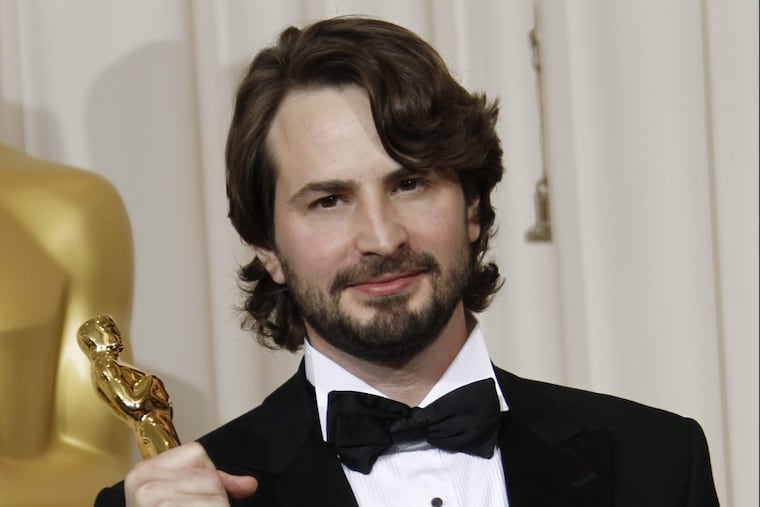The shattered life that inspired Oscar-winning screenwriter Mark Boal to pen 'Detroit'
Mark Boal, an Oscar winner for his screenplay for "The Hurt Locker," was moved to make "Detroit" after meeting with one of the last witnesses to the brutal events of 1967.

Mark Boal's journey to the movie Detroit started with a man named Cleveland — Cleveland Larry Reed.
Reed's life changed forever in 1967 during the Detroit riots when he and others were detained by police at the Algiers Motel. During that time, three young men were killed while in police custody, among them Fred Temple, one of Reed's best friends.
Boal had been interested in a story about the five-day uprisings that rocked the titular city in 1967, but it was one of a dozen ideas he was pursuing at the time, and he and longtime collaborator Kathryn Bigelow (The Hurt Locker, Zero Dark Thirty) couldn't find a way in.
When he had a chance to meet Reed and hear his story, Detroit became priority number one.
"He had been on a rocket ship ride early in his musical career, at a very young age as a Motown performer, and that all got derailed by what happened," Boal said of Reed, a founding member of a Motown group called the Dramatics, mostly young men from Detroit. They were on their way to perform at the Fox Theater when the rioting began, and they took refuge in the Algiers, where the bloody events took place.
Boal had noticed, flipping through old Dramatics album covers, that Reed dropped out of the lineup right about the time of the riots.
"He had a stature as a performer that he never really reached again. That was in stark contrast to the group the Dramatics. They became pretty successful in two different iterations. To me, it's just a really gripping turn of events, and, on a personal level, [Reed] is a guy who maintained a commitment to being a singer in whatever way he could make that work, and I found that moving. I hadn't really written a story about an artist before," Boal said, "and it's just one of the many facets of this story that appealed to me."
Reed's commitment to singing involved playing gospel music for Detroit churches, a lifelong calling.
Boal said Reed was not an exact match for the character of Larry in Detroit, and he's uncomfortable speaking on Reed's behalf but says, "The character is shattered by the brutality that he endured and by the death of his friend. He never fully recovers his confidence. The idea of commercial music lost its appeal."
Boal is obviously not propelled by commercial instincts — he seems to deliberately choose tough subject matter.
"I don't think any writer really knows why they do what they do, at least none that I've ever met. I pretty much follow my curiosity and then hope that others will find it interesting, too.
"I mean, I love romantic comedies. I just don't think I'd be good at making them."